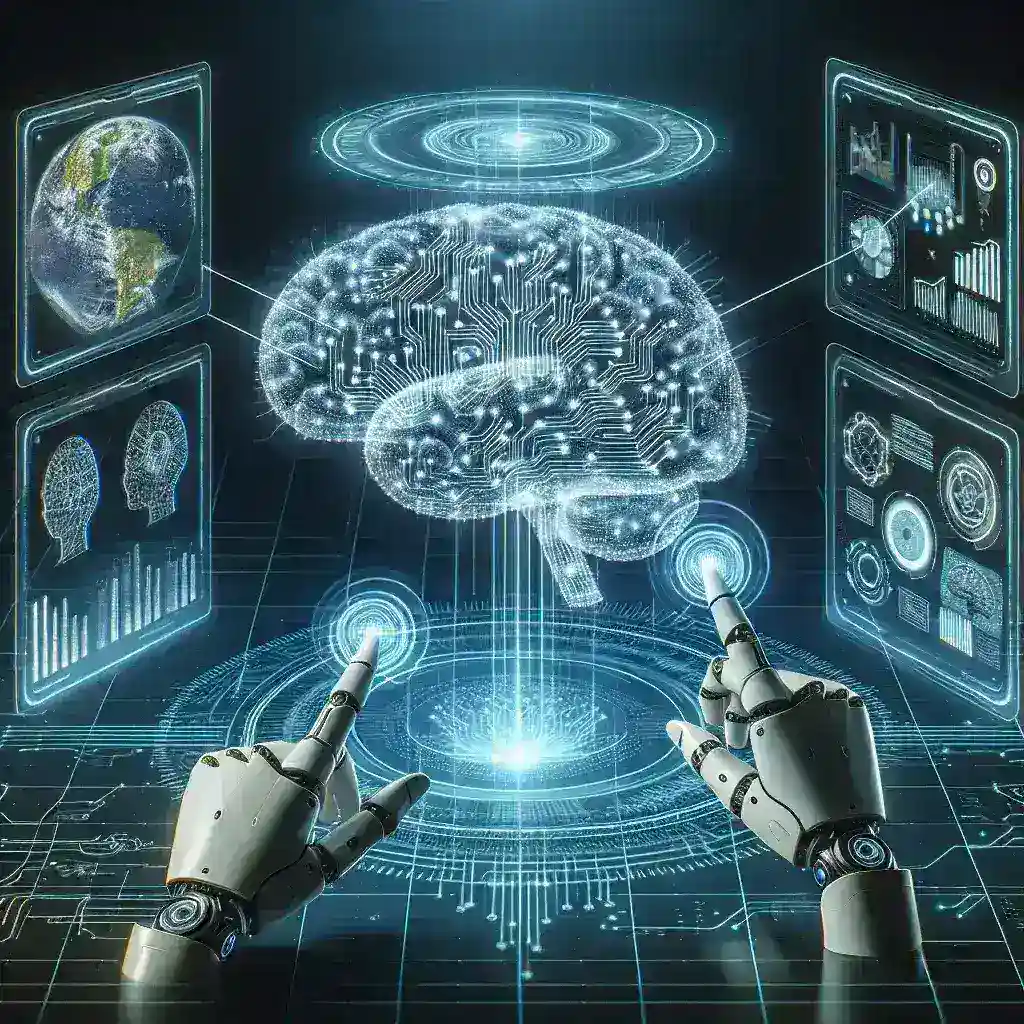Introduction
Artificial Intelligence (AI) is revolutionizing various aspects of our lives. One of the most impactful areas AI touches is decision-making. For both organizations and individuals, making informed and accurate decisions is critical. This article explores how AI enhances decision-making processes and its various applications, benefits, and challenges.
What is AI?
AI, or Artificial Intelligence, refers to the simulation of human intelligence in machines programmed to think and learn like humans. AI systems use algorithms and large data sets to identify patterns and make decisions with minimal human intervention.
The Traditional Decision-Making Process
Traditionally, decision-making involves collecting information, analyzing data, evaluating alternatives, and choosing the best course of action. This process can be time-consuming and prone to human error. Enter AI, which automates and refines these steps to deliver more accurate outcomes.
How AI Enhances Decision-Making
AI contributes to decision-making in several key ways:
- Data Analysis: AI algorithms can analyze large volumes of data rapidly, uncovering trends and insights that a human might miss.
- Predictive Analytics: AI uses historical data to forecast future trends, helping organizations prepare for different scenarios.
- Real-Time Insights: AI can provide real-time data analysis, enabling faster decision-making.
- Risk Management: AI identifies potential risks through data patterns, allowing for better risk mitigation strategies.
- Personalization: AI can tailor recommendations and decisions based on individual user data, improving user experience and satisfaction.
Applications of AI in Decision-Making
Healthcare
AI assists doctors with diagnostics, treatment plans, and patient monitoring. For example, AI algorithms analyze medical images to detect diseases like cancer early and recommend personalized treatment plans.
Finance
In the finance sector, AI helps with fraud detection, credit scoring, and investment strategies. AI-driven platforms analyze market data to provide investment insights and optimize portfolios.
Retail
Retailers use AI for inventory management, customer service, and personalized marketing. Predictive analytics help in stocking the right products at the right time, reducing waste and increasing sales.
Manufacturing
AI optimizes supply chain management, predicts equipment failures, and improves product quality through advanced analytics. Smart factories use AI to automate and enhance production processes.
Human Resources
AI assists in talent acquisition, employee performance monitoring, and training programs. Algorithms analyze candidate data to identify the best fit for a role, enhancing recruitment efficiency.
Challenges and Considerations
Despite its advantages, AI presents several challenges:
- Data Privacy: The use of large data sets raises concerns about data privacy and security.
- Bias and Fairness: AI systems can inherit biases from training data, leading to unfair outcomes.
- Transparency: AI decision-making can be opaque, making it difficult to understand and trust the outcomes.
- Cost: Implementing AI solutions can be expensive, requiring significant investment in technology and talent.
Conclusion
AI is undoubtedly transformative, offering enhanced accuracy, efficiency, and personalization in decision-making processes. However, businesses must address the associated challenges to fully leverage AI’s potential. As technology evolves, AI will continue to reshape decision-making, making it more precise and data-driven.
Meta-description
Explore how Artificial Intelligence (AI) is revolutionizing decision-making processes across various industries. Learn about its benefits, applications, and challenges.

